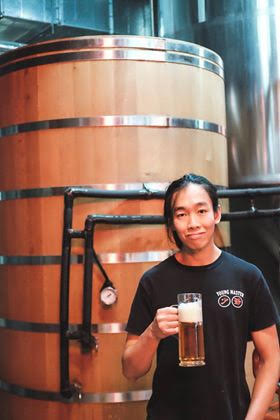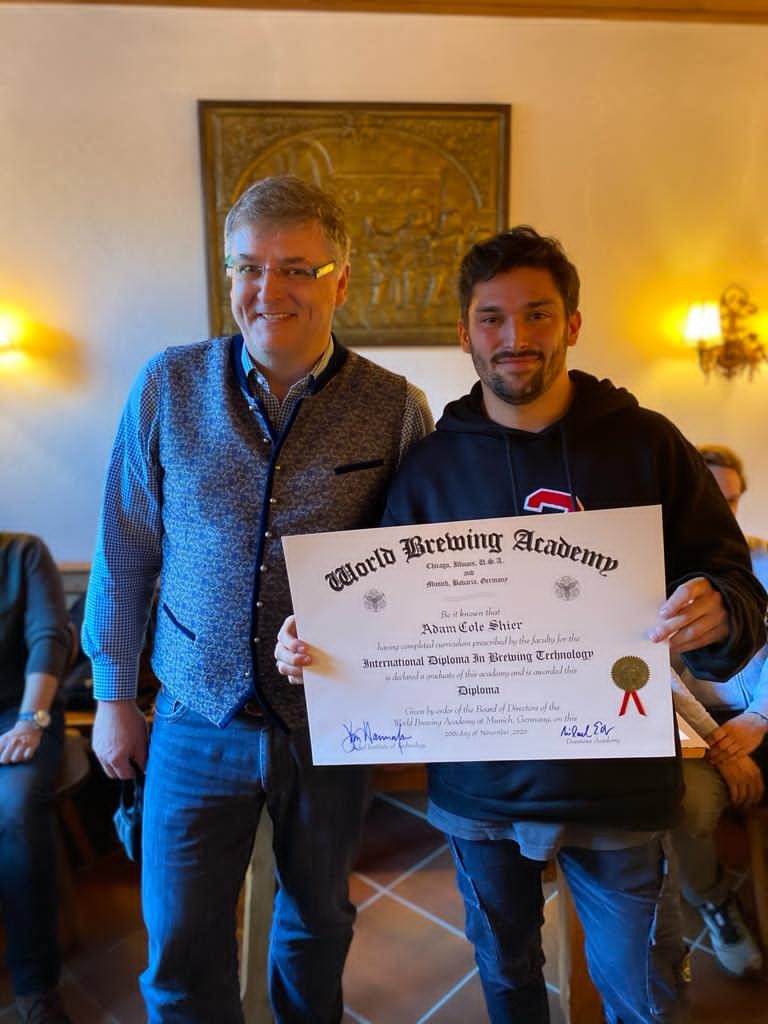The WBA International Diploma in Brewing Technology program is comprised of segments, divided into one-to-three-week modules, with each module specializing in a particular area of brewing technology. The content will address issues in brewing from an international perspective, providing a depth of experience that is unavailable through any other institution.
The WBA International Diploma in Brewing Technology program begins with advanced brewing theory conducted at our Siebel Institute campus in Chicago. Students build a sound understanding of the sciences and technologies that are used throughout breweries of every size. After the Chicago modules are completed, students then travel to Doemens Academy in Munich, Germany, where they apply the knowledge gained in the practical brewing environment at Doemens. Students also participate in advanced-level brewing theory training while at Doemens, including presentations regarding brewing techniques used in creating authentic German beer styles.
Students then travel on the European Brewing Study Tour to breweries and brewing-industry suppliers, learning how the information they have gained in the program is utilized in real-world brewing environments. This knowledge is put to the test in the Business of Brewing and Technical Case Studies module, where the students are divided into groups to apply all they have learned and create presentations for judging on the last day. Over the 12 weeks of this English-language program, students will gain a truly international perspective on brewing techniques, technologies, and the industry itself as a whole.
Note: The Fall 2024 tuition includes round-trip airfare (Chicago O’Hare International Airport, Chicago, U.S.A., to Munich Franz Joseph Strauss International Airport, and back to Chicago) for students taking the full, continuous program. The Spring 2025 tuition does not include airfare. Room and board is the responsibility of the students in both Chicago and Munich.
Questions regarding our courses and programs? School advisors are available to assist you in selecting the education that meets your individual needs. To speak with an advisor, email us at info@siebelinstitute.com .
CLICK HERE to view the 2020 video on the new campus of Doemens Academy




